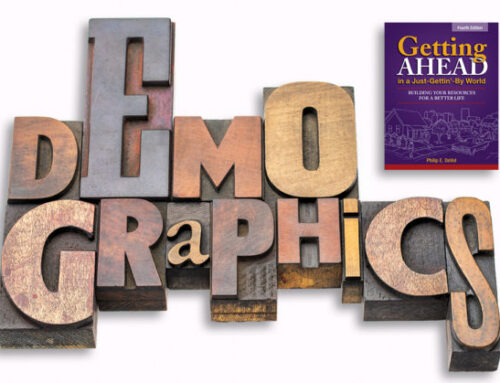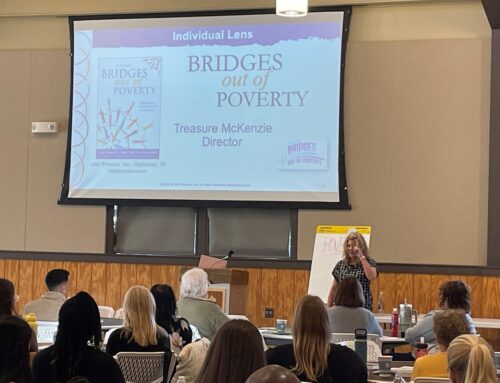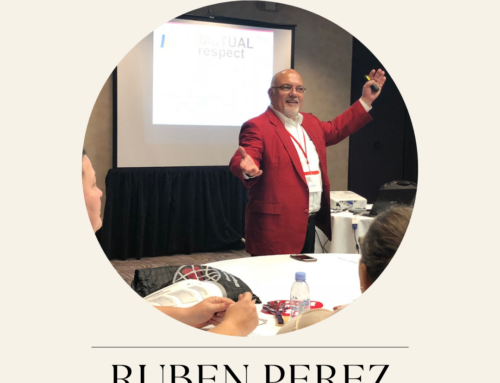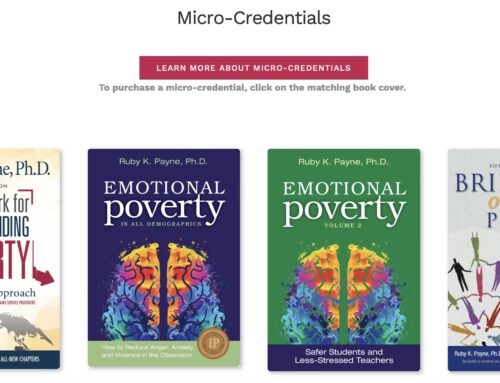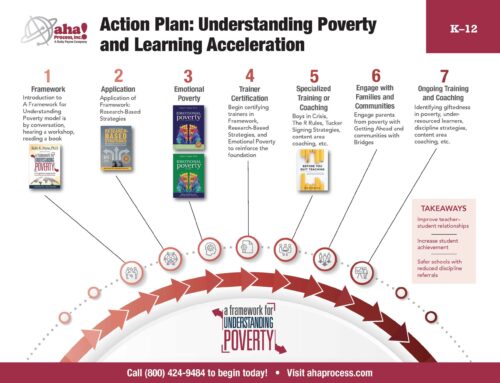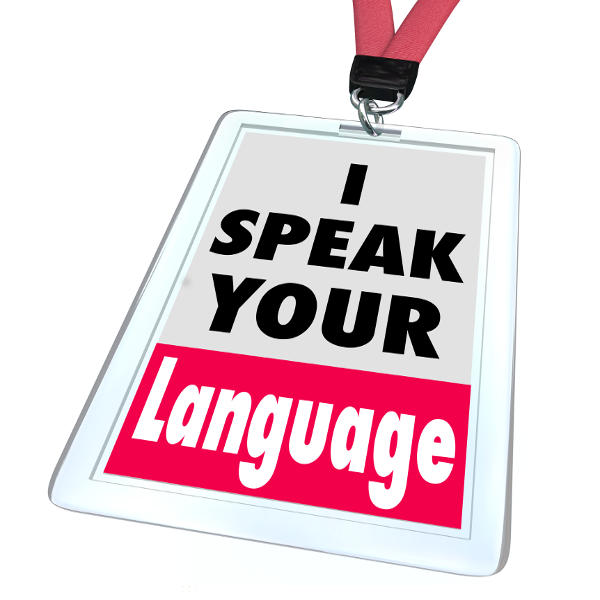 One of the most powerful aspects of the Framework and Bridges concepts is that they provide a common language for talking about poverty and other economic class issues in a community. However, if you are new to Framework and Bridges, some of the vocabulary may be more like a hidden rule than a tool!
One of the most powerful aspects of the Framework and Bridges concepts is that they provide a common language for talking about poverty and other economic class issues in a community. However, if you are new to Framework and Bridges, some of the vocabulary may be more like a hidden rule than a tool!
We developed this vocabulary cheat sheet to assist you in getting ahold of the new vocabulary and, more importantly, for you to use as you work with other agencies and individuals in your community.
aha! (aha! Process)
- The business founded by Ruby Payne that holds the rights to the Framework and Bridges work, along with other intellectual property, and that helps oversee application and model fidelity and provides training.
Bridges Steering Committee
- Community-based group working to apply Bridges Out of Poverty concepts locally. The more sectors involved (e.g., K–12, business, healthcare, higher ed., social service, criminal justice) the better! Includes representatives from all economic classes.
Daily Instability/Daily Stability/Long-Term Stability
- Workplace Stability, which applies the work to the business sector, uses this language that is perhaps a more accurate way of talking about the economic experience than the more emotionally loaded words poverty, middle class, and wealth.
Four Areas of Research/Four Causes of Poverty
- Poverty does not have one cause, even if it is your favorite!
-
- Behaviors of the Individual
- Human and Social Capital in the Community
- Exploitation
- Political/Economic Structures
Framework
- Ruby Payne’s original work for K–12 systems on which all the rest of the work is based. The full title of the book is A Framework for Understanding Poverty.
Getting Ahead (GA)
- A process for individuals experiencing poverty to self-examine their lives in a facilitated group setting toward the goal of developing personal goals and a stable future story.
- Getting Ahead in a Just-Gettin’-By World
- Getting Ahead While Getting Out (reentry from incarceration)
- Getting Ahead in the Workplace (for entry-level and low-wage employees)
Hidden Rules
- Unspoken cues and expectations known to members of a group but not necessarily obvious to outsiders or newcomers.
Investigator
- The name and role for a participant in a Getting Ahead group.
Investigations
- Investigations into Economic Class in America is a college version of Getting Ahead that can be used as an orientation program or for credit. Supported by the College Achievement Alliance.
Language Registers
- The focus in the Bridges work is on formal register and casual register. When people try to communicate with each other in different registers, it gets … complicated!
Mental Models
- Pictures, stories, and analogies that assist in making abstract concepts more concrete and easier to discuss accurately. Have a look at the aha! Process mental model of building a Bridges community.
Poverty
- The extent to which one does without resources.
Resources
- Eight categories of resources needed for quality of life and stability:
- Financial
- Emotional
- Mental
- Spiritual
- Physical
- Relationships and role models
- Support systems
- Knowledge of hidden rules
- Getting Ahead adds three more categories for consideration:
- Motivation and persistence
- Integrity and trust
- Formal register
Sectors
- Various arenas within a community in which aha! Process concepts may be applied specifically. PK–12, higher education, healthcare, law enforcement/first responders, faith-based institutions, government, businesses, nonprofits, etc.
Staying Ahead
- A rapidly growing follow-up approach for Getting Ahead graduates and their communities.
Triple Lens
- Looking at the issue of poverty at the individual, institutional, and community levels. Learn more.
Tyranny of the Moment
- Describes how the demands of right now overwhelm long-term thinking. Can operate at the individual, institution, or community level.
Under-Resourced
- Like daily instability, perhaps a better word than the emotionally loaded poverty.
I hope this helps as you work more closely to implement poverty reduction initiatives in your community. Do you use any Bridges vocabulary that I should add to the list? Leave your comments below!
Jim Ott of Dubuque, Iowa, is a school psychologist and consultant for aha! Process. Jim is active in his home community promoting Bridges concepts through presentations, workshops, and facilitating Getting Ahead in a Just-Gettin’-By World groups. Jim’s energy and storytelling have made him a popular, sought after speaker.

